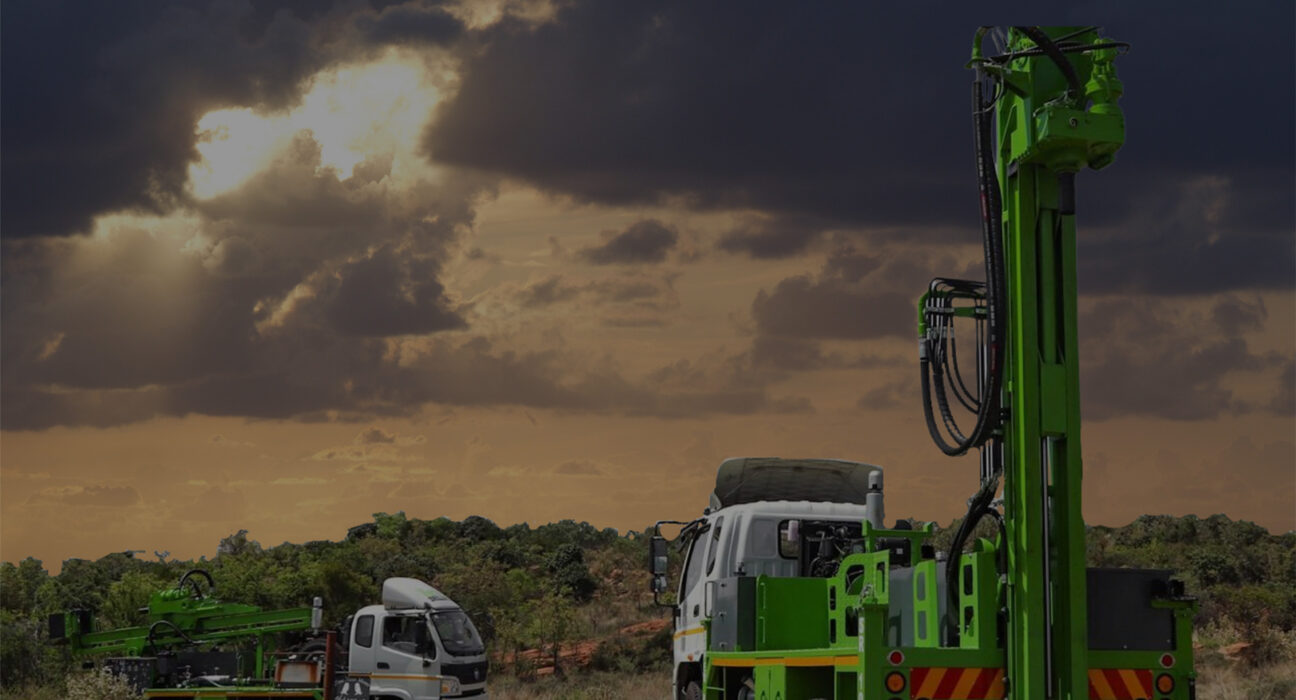Starting a borehole drilling business in Kenya can be a lucrative venture, given the increasing demand for reliable water sources in both urban and rural areas. Water scarcity has become a persistent issue in many parts of the country, making borehole drilling services essential for communities, businesses, and farms. However, starting this business requires careful planning, significant capital investment, and a thorough understanding of the industry. This article will guide you through the key steps and considerations for establishing a successful borehole drilling business in Kenya.
Understanding the Market Demand
The first step in starting a borehole drilling business is to understand the market demand. In Kenya, water scarcity is a significant issue, particularly in arid and semi-arid regions. Urban areas also face challenges with water supply, prompting individuals, businesses, and institutions to seek alternative sources like boreholes. The demand for borehole drilling services is therefore high, and it spans across residential, commercial, and agricultural sectors. Conducting market research will help you identify potential clients and the specific needs in different regions, ensuring your business is well-positioned to meet the demand.
Legal and Regulatory Requirements
Before you start operations, you must navigate the legal and regulatory requirements for borehole drilling in Kenya. The Water Resources Authority (WRA) is the key regulatory body responsible for managing water resources in the country. To legally operate a borehole drilling business, you must obtain a drilling permit from WRA. The permit process includes conducting a hydrogeological survey, which determines the viability of drilling in a particular area. Additionally, you must adhere to environmental regulations and obtain an Environmental Impact Assessment (EIA) report from the National Environment Management Authority (NEMA). These steps are crucial to ensure that your operations are compliant with Kenyan law.
Acquiring the Necessary Equipment
Borehole drilling requires specialized equipment, which is a significant investment for your business. The main pieces of equipment you will need include a drilling rig, compressor, drill pipes, casings, and pumps. Depending on your budget, you can choose to buy new or used equipment. It’s essential to source your equipment from reputable suppliers to ensure durability and reliability. You may also consider leasing equipment, especially in the initial stages of your business, to reduce capital expenditure. In addition to the drilling equipment, you’ll need support vehicles and tools for transporting and maintaining the machinery.
Building a Skilled Team
A borehole drilling business requires a team of skilled professionals to operate the machinery, conduct surveys, and manage the business operations. Key personnel include geologists, drilling operators, engineers, and administrative staff. Geologists play a crucial role in conducting hydrogeological surveys to determine the best drilling sites. Drilling operators and engineers are responsible for the actual drilling process and ensuring the borehole is constructed according to industry standards. It’s important to invest in training your staff regularly to keep up with the latest drilling techniques and safety practices. A skilled and experienced team will enhance your business’s reputation and ensure customer satisfaction.
Marketing Your Services
Marketing is essential for attracting clients to your borehole drilling business. Given the niche nature of the industry, your marketing strategies should focus on reaching potential clients who are likely to need your services. Networking with real estate developers, farmers, and local communities can help you build a client base. Digital marketing is also effective; you can create a professional website showcasing your services, previous projects, and client testimonials. Additionally, consider running targeted ads on social media platforms and engaging in community outreach programs to raise awareness about the benefits of borehole drilling and your services.
Cost Estimation and Pricing
One of the critical aspects of running a successful borehole drilling business is accurate cost estimation and competitive pricing. The cost of drilling a borehole in Kenya varies depending on factors such as location, depth of the borehole, and the geological conditions. You should develop a pricing model that covers your operational costs, including equipment, labor, permits, and other overheads, while also providing a reasonable profit margin. Offering flexible payment plans or financing options can make your services more accessible to clients who may not be able to pay the full cost upfront. It’s also important to keep track of market rates to ensure your pricing remains competitive.
Navigating Challenges in the Industry
Starting and running a borehole drilling business in Kenya comes with its own set of challenges. One of the primary challenges is the high initial capital investment required for equipment and permits. Additionally, the drilling process can be unpredictable due to varying geological conditions, which may affect the time and resources needed to complete a project. Competition from established drilling companies can also be intense. To overcome these challenges, it’s important to conduct thorough research before each project, maintain a high standard of service, and continuously invest in improving your equipment and staff skills.
Diversifying Your Services
To maximize your revenue streams, consider diversifying your services beyond just borehole drilling. You can offer related services such as borehole maintenance, water quality testing, pump installation, and water storage solutions. Providing a comprehensive package of services can attract more clients who prefer to work with a single contractor for all their water needs. Additionally, you can explore opportunities in water consultancy services, offering advice to clients on water management and conservation. Diversification not only increases your income but also helps mitigate the risks associated with relying solely on drilling projects.
Building Strong Relationships with Clients and Partners
The success of your borehole drilling business heavily depends on the relationships you build with clients and industry partners. Providing excellent customer service and maintaining transparent communication throughout the drilling process will help you build trust with your clients. Satisfied customers are likely to refer your services to others, which is invaluable for growing your business. Additionally, establishing partnerships with equipment suppliers, financial institutions, and regulatory bodies can provide you with the resources and support needed to scale your business. Networking within industry associations can also keep you informed about new opportunities and trends.
Planning for Long-Term Growth
Finally, to ensure the long-term success of your borehole drilling business, it’s important to plan for growth. This includes setting realistic business goals, such as expanding your service area, increasing the number of drilling rigs, or diversifying into other water-related services. Regularly review your business plan and financial projections to ensure you’re on track to meet your goals. Investing in technology and innovation, such as adopting more efficient drilling methods or using data analytics for project management, can give you a competitive edge. By staying adaptable and continuously improving your operations, your business can thrive in Kenya’s growing borehole drilling industry.
Starting a borehole drilling business in Kenya is a venture that requires careful planning, significant investment, and a commitment to quality service. By understanding the market, navigating the regulatory landscape, and building a skilled team, you can position your business for success in this essential and growing industry.





